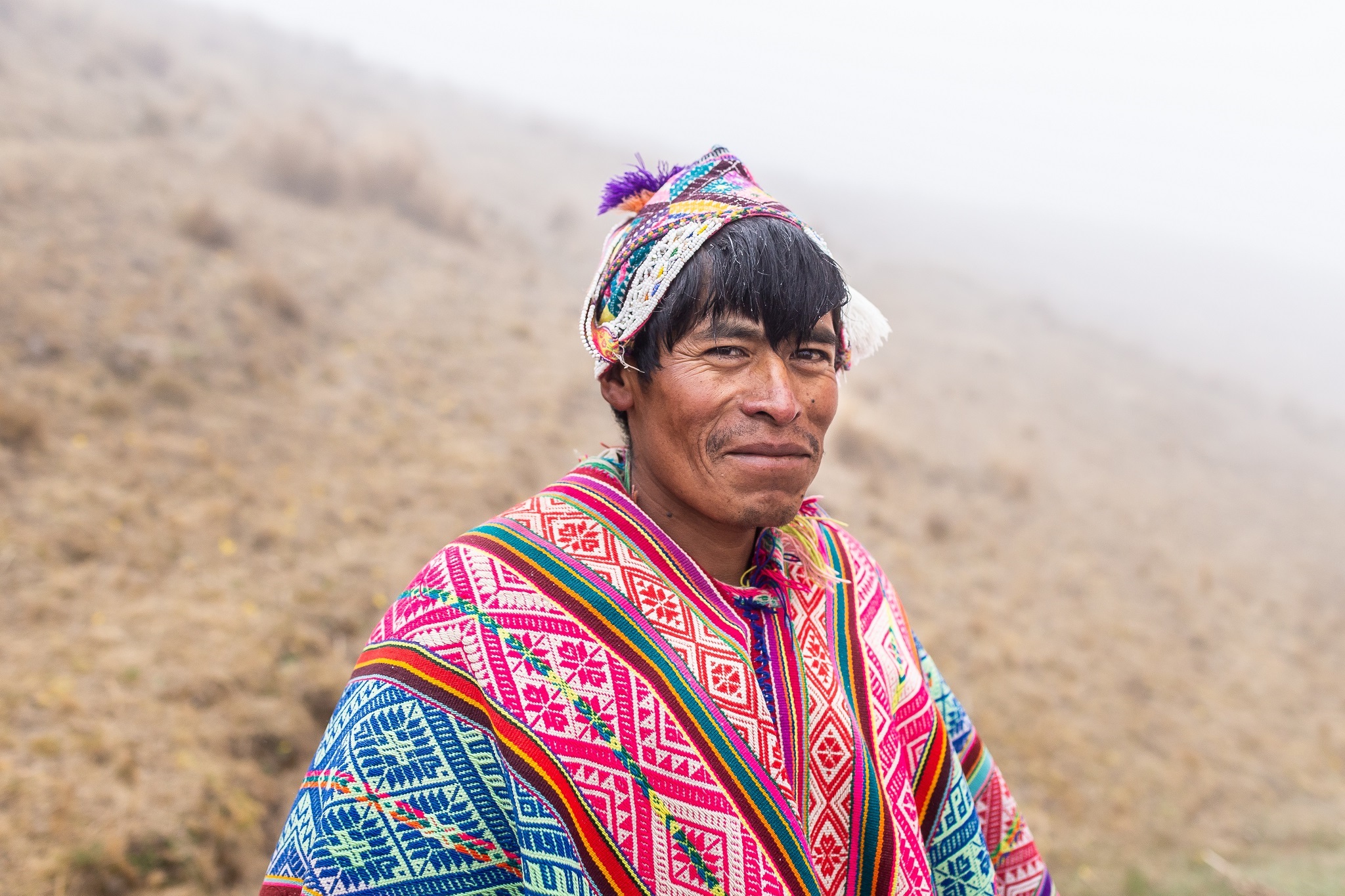
COPAK and 30 Years of AlterfinA history of creating local value
COPAK and 30 Years of AlterfinA history of creating local value
One of the most moving moments while celebrating 30 years of impact was undoubtedly the conversation with Dimitri Moreels (CEO) and Berthinic Kikwaya (Operations Manager) of COPAK – our partner since 2018, based in the Democratic Republic of Congo. Their mission goes far beyond producing fair trade cocoa and chocolate. It’s about strengthening local communities in one of the world’s most fragile regions.
He remembers as if it were yesterday; his first meeting with a bank. The Belgian Dimitri Moreels had come to present his innovative business plan, in which he firmly believed. He needed funds to grow COPAK, the company he had created a few years earlier.
But despite his enthusiasm, the banks’ responses remained “no.”
It’s a story many of our partners know all too well. Their projects are often seen as too small, too risky, or not profitable enough. And that’s precisely why Alterfin exists: to give entrepreneurs with real potential for impact a fair chance.
Despite the many barriers to funding, COPAK was able to grow thanks to Alterfin’s support. We weren’t just their first investor—we’ve also remained their main financial partner since 2018. For any enterprise with growth ambitions, being able to count on stable, long-term investors is essential.
A valuable heritage worth protecting
The Compagnie des Produits Agricoles du Kivu (COPAK) was founded in August 2015 by Dimitri Moreels. The company is based in Beni, a city located in the far north of the North Kivu province, approximately 350 km from Goma. Although this region is less exposed to the violence between the Congolese army and M23 rebels further south, it still frequently faces attacks from armed groups.

COPAK’s mission is to improve incomes for smallholder farmers - through close collaboration:
- On the one hand, by helping them access international markets;
- On the other, by developing a range of support initiatives that improve their living conditions.
Today, COPAK’s work has a direct impact on some 6,000 farming families.
Between cocoa and community resilience
During our live exchange to mark Alterfin’s 30th anniversary, we asked COPAK a key question:
How can cooperatives contribute to local stability, even in conflict-ridden contexts?
Dimitri Moreels answered in a single sentence:
“We make sure people have something to lose.”
He was referring not only to the farmers’ land - land that provides real income and the possibility of a dignified life - but also to the broader idea of ownership and opportunity. These farms lie in an area of exceptional biodiversity, right at the edge of Virunga National Park.
COPAK works closely with the park’s foundation, as they share a common goal: improving livelihoods in the Kivu region. That, in turn, is the best way to steer people away from illegal activities such as poaching, deforestation, or even recruitment by armed groups.

Another value COPAK and the park share is the importance of responsible agricultural practices. These are critical in the fight against deforestation and soil degradation. The park believes in COPAK’s work so strongly that it co-financed the construction of their processing facility for chia and coffee.
Diversifying and creating added value
But COPAK is about more than protection - it’s also about innovation.
We discovered how the cooperative adds local value to its cocoa by transforming it on-site into chocolate bars - the very first ever produced in the DRC! It’s a key step in regaining control over the cocoa value chain.
Another strategy to stay resilient? Diversification.
COPAK has followed this approach from the start. It hasn’t always been easy, and not every experiment has worked. However, even though cocoa still accounts for 96–98% of its revenue (in 2023–2024), COPAK has successfully expanded into exporting chia seeds, vanilla, and medicinal plants. It also hasn’t forgotten the local market: the cooperative is developing a new value chain around potatoes—an up-and-coming crop with strong regional interest.

People, planet, chocolate
COPAK’s message is crystal clear: people, planet, and profit can—and must—advance together. They’re living proof that ethical, sustainable, and transparent cocoa isn’t just possible—it’s viable, scalable, and deeply impactful.
To close the event, guests were invited to taste COPAK’s chocolate—a gentle reminder of what solidarity and impact truly taste like.
Craving something meaningful and delicious? Discover COPAK’s chocolate bars here.
TestimonialS
FAQ title
FAQ description
more news from alterfin
DIDN't find what you're looking for?
Read our FAQs or contact us.



.jpg)




